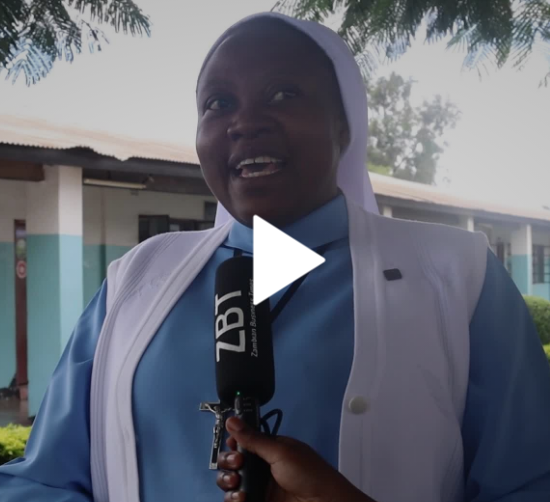The distortions in the fuel sector has now reached a new twist which has resulted in a litre of Petrol and Diesel becoming more expensive than a litre of aviation fuel (Jet A- 1) used in aeroplanes.
After the April 2023 month end Energy Regulation Board – ERB fuel review, Petrol is now about 20% more expensive than aviation fuel while diesel is now about 10% more expensive than aviation fuel.
While prices of petrol prices remained unchanged at K27.99 and diesel reduced by 6.24% to K24.64 from K26.28, ERB conspicuously adjusted downwards Jet A-1 prices to now K22.60 from K25.34.
Members of the public have questioned this imbalance which sees the more affluent individuals and businesses who take flights getting some relief from this adjustment while Commuters and self-drivers cost of fuel remains at a relatively higher cost. It seems as though that it has now become cheaper to run an aircraft than passenger carrying buses as the cost of both Diesel and Petrol is now higher than that of aviation per litter.
ERB has been accused of lowering the price of aviation fuel due to strong negotiating influence and lobbying from powerful Aircraft companies, while ordinary consumers are left to fend for themselves.
The Energy Regulatory Board –ERB however says it is outside their mandate to determine which should be cheaper between aviation fuel and motor vehicle fuels.
Responding to an enquiry by the Zambian Business Times –ZBT, Energy Regulation Board – ERB Public Relations Manager Namukolo Kasumpa said the prices of all petroleum products are determined by the key drivers which may change, meaning they will either rise or reduce on the basis of the movements on the price drivers.
She restated that all petroleum products consumed in Zambia are imported and therefore, the prices are mainly influenced by the movement in the international oil prices and the exchange rate of the Kwacha against the United States Dollar (US$) which is the currency used for fuel trade on the international markets.
Kasumpa stated that, “Other factors that influence the domestic price of fuel include changes in fees, charges and taxes/levies, which may vary depending on the product. For each fuel price review, the ERB considers the movements in these two factors and adjusts fuel prices every month in tandem with their movements.”
She said ERB also considers a wholesale trigger band threshold of +/-2.5% within which the prices are adjusted, in order to ensure price stability.
ERB has insisted to continue with its monthly price reviews despite a public outcry, a situation that has led to cost planning challenges for businesses and I predictable retail prices for consumers fuelling perceptions of in increased cost of goods and services.
“For the recent May, 2023 fuel price review, both the price of petrol and Jet A-1 were adjusted in tandem with the movement in the price of the product on the international market and in line with the movement in the exchange rate of the Kwacha to the United States Dollar during the period under review.” She added.







